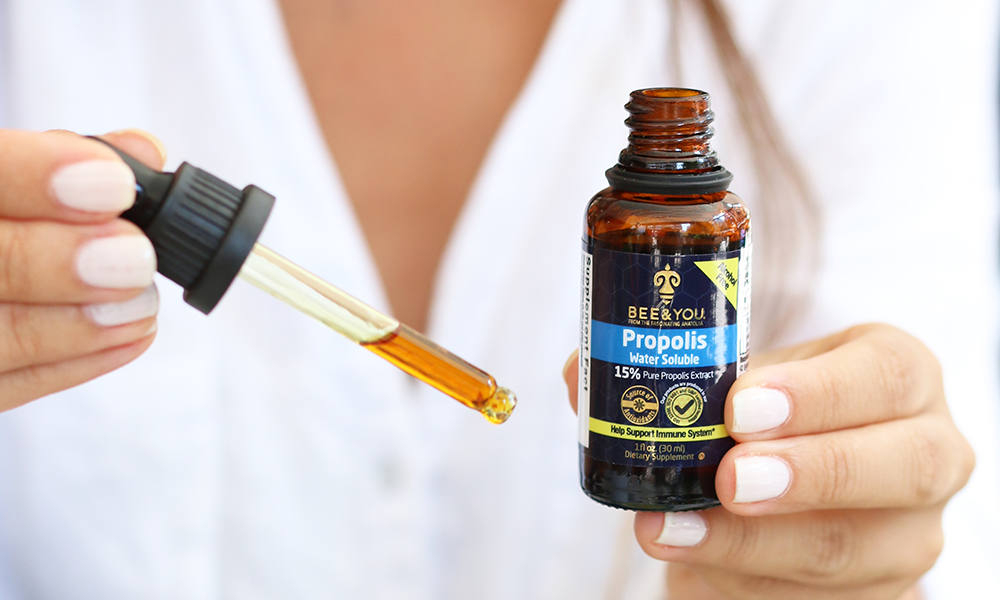Allergies are a common concern for many, causing a plethora of unwanted symptoms ranging from sneezing and runny noses to headaches and fatigue. Nevertheless, can these nuisances have an effect on our hearing? More specifically, can allergies lead to tinnitus – that persistent, internal noise often described as ringing in the ears? The answer is nuanced and tied into an intricate dance between the body’s immune response and our auditory system.
Tinnitus itself is quite complex, and to understand how allergies might contribute to its onset or exacerbation, one must first grasp the essence of tinnitus. It is not a disease but a symptom, usually resulting from issues within the auditory system. Besides that, tinnitus is often associated with conditions like age-related hearing loss, ear injury, or circulatory system disorders. However, allergies, due to the inflammatory response they trigger, can contribute to the occurrence or worsening of tinnitus.
Of course, not everyone who suffers from allergies will happening tinnitus, and not all cases of tinnitus are caused or worsened by allergies. Nevertheless, the link is significant enough that it is worth understanding and addressing, especially for those who already live with tinnitus.
Understanding Allergies and Tinnitus
Allergies are a common ailment that affects more than 50 million Americans annually, according to the Asthma and Allergy Foundation of America. They occur when our immune system mistakenly identifies a typically harmless substance, such as dust, pollen or certain foods, as a threat. To combat these “foreign invaders”, our bodies produce histamines, causing inflammation, sneezing, itching and other uncomfortable symptoms. This inflammation can act on various parts of the body, including the middle ear, thereby having a potential impact on tinnitus.
Tinnitus, on the other hand, is often less understood. In essence, it is not a disease in itself but a symptom of an underlying condition such as age-related hearing loss, circulatory system disorder, or ear injury. Tinnitus presents as phantom noises in the ears, which can range from a low roar to a high squeal and everything in between. These sounds can be constant or come and go, and they can vary in volume. While it is estimated that around 15% to 20% of people will experience some form of tinnitus, for many, the condition is mild and temporary. Nevertheless, for others, tinnitus can be a debilitating and chronic condition, significantly impacting the quality of life.
The Allergy-Tinnitus Connection
Our ears, nose and throat are not isolated organs but are intricately connected through the Eustachian tube, a passage extending from the middle of each ear to the rear of the throat. This tube performs crucial tasks, such as balancing the air pressure on either side of your eardrum and draining fluid from the middle ear. When allergies trigger an inflammatory response, this can lead to swelling and congestion in the ears, nose and throat, potentially blocking the Eustachian tube. This disruption can cause changes in ear pressure and fluid buildup, both of which can lead to or exacerbate tinnitus.
Scientific studies further substantiate the connection between allergies and tinnitus. In particular, research has shown that patients with allergic rhinitis (i.e., an inflammation of the nasal passageways in response to allergens) are at a higher risk of developing tinnitus. This strong correlation between allergies and tinnitus suggests that by managing allergies effectively, we might also be able to reduce the severity of tinnitus.
Controlling Allergies, Controlling Tinnitus
Therefore, what can be done?
One proactive step individuals can take is to identify and control their allergies, which could have a corresponding positive effect on their tinnitus symptoms. Working with an allergist or immunologist can be instrumental in this process. These specialists can help identify what triggers an allergic reaction (i.e., allergens) and provide personalized treatment plans.
Treatments may include over-the-counter (OTC) or prescription medications such as antihistamines and decongestants, which can help manage allergy symptoms. For more severe allergies, allergy shots (i.e., immunotherapy) could be an option.
Moreover, lifestyle modifications can also provide significant relief. These can include measures to reduce exposure to allergens, such as using air filters, regular cleaning, and avoiding outdoor activities during high pollen periods. Eating a balanced diet, engaging in regular physical activity, ensuring good sleep hygiene and managing stress effectively are all key components of a holistic approach to managing allergies and, by extension, tinnitus.
Introducing Oto – Tinnitus Management Beyond Medicine
While medical treatments and lifestyle modifications are integral to managing tinnitus, there’s another crucial aspect that often goes unaddressed: cognitive behavioural interventions. This is where Oto comes into play. This groundbreaking digital program provides a comprehensive, accessible and user-friendly tool to help individuals transform their relationship with tinnitus.
Developed by a team of experts who understand tinnitus both professionally and personally, Oto’s program utilizes proven cognitive behavioural techniques to change the way people perceive and react to tinnitus. Rather than seeking to treat or cure the condition – which currently has no definitive cure – the program is designed to help users become accustomed to the sounds, thereby reducing the disruption it causes in their lives.
Success Stories from Oto
The impact of Oto can be seen in the stories of its users.
Take Simon, for example. As a headteacher and music lover, he found his life turned upside down when a severe bout of flu exacerbated his long-standing tinnitus. He turned to Oto’s program and found it immensely beneficial. Through regular use, he regained control over his life, experienced improved sleep, and rediscovered his enjoyment of music.
Fortunately, Simon is far from alone. Countless Oto users have reported improved sleep patterns, reduced anxiety, and a newfound ability to focus, testifying to the effectiveness of the program.
The Bottom Line
In a nutshell, allergies can indeed play a role in exacerbating tinnitus symptoms. By managing allergy triggers, you can take the first step towards reducing the severity of the phantom noises in your ears. Hence, remember, allergy management is just one part of a broader, holistic approach to habituating to tinnitus.
Seeking comprehensive, empathetic and personalized support is paramount. Digital solutions like Oto offer a lifeline. Equipped with extensive experience and a steadfast dedication to enhancing the well-being of individuals affected by tinnitus, Oto can guide you on your journey to habituation.
Thus, are you ready to take that first step? Download the Oto app today and start your journey towards a life where tinnitus no longer rules the roost. With Oto by your side, you can look forward to a future where the ringing fades into the background and life regains its full colour.






